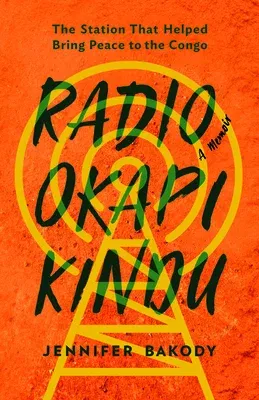One of Africa's largest radio stations operating in one of the
continent's most politically unstable countries sets the stage for a
touching and thought-provoking story that illustrates how peace is a
process, and how the spectrum between war and peace is more nuanced than
people think.
In early 2004, Jennifer, a young journalist from Nova Scotia, Canada,
arrives in the Congolese capital of Kinshasa with rose-colored prejudice
abounding. After seven years of brutal warfare involving eight
neighboring countries and several million deaths, hostile factions have
just agreed to a ceasefire. A new transitional government is in place.
Jennifer travels 1,500 miles up the Congo River to the small city of
Kindu to manage a regional station of Radio Okapi, a year-old station
funded by the U.N. and a Swiss NGO. She joins a hard-working team of
local reporters―six men and one woman who are determined to cover their
country's rapid march towards elections. Armed only with facts, they set
about to tirelessly, unceremoniously chip away at the rampant rumors,
misinformation and conjecture that have long polarized the Congo.
When a public lynching is followed by an outbreak of violence, Jennifer
realizes how little she understands Congolese politics―and how little
she has at stake compared to her Congolese colleagues. Maintaining the
rigor of Radio Okapi's editorial line suddenly seems like a matter of
life or death. Can one small station known as the "frequency of peace"
stand the strain?
Radio Okapi Kindu is an honest, unvarnished account of a young
journalist's steep learning curve, and a love song to a poor but
astonishingly beautiful country whose broadcasting record bears lessons
for media consumers everywhere.

